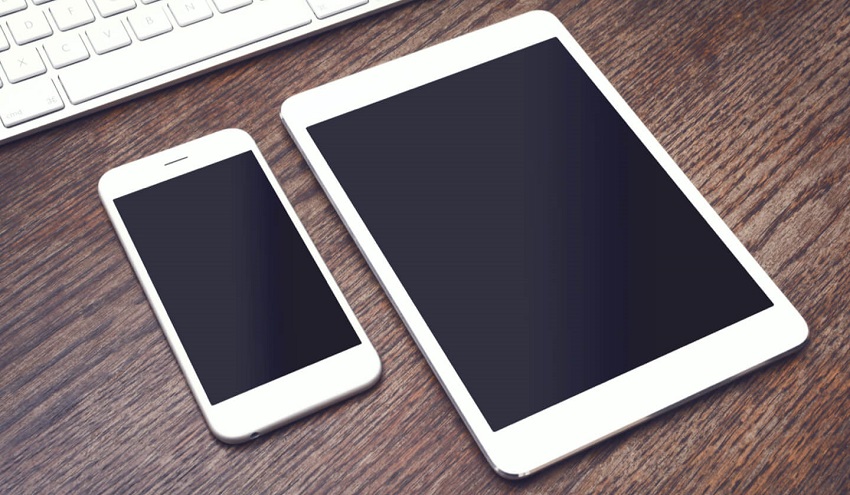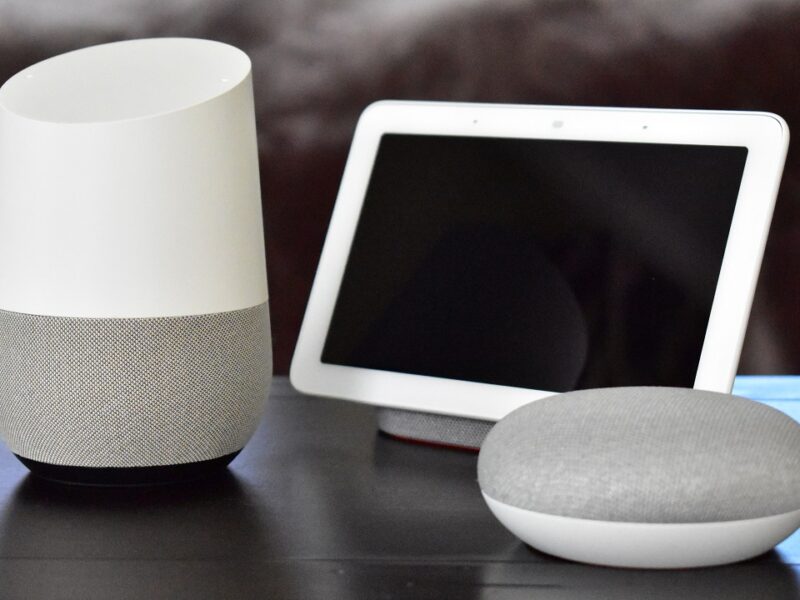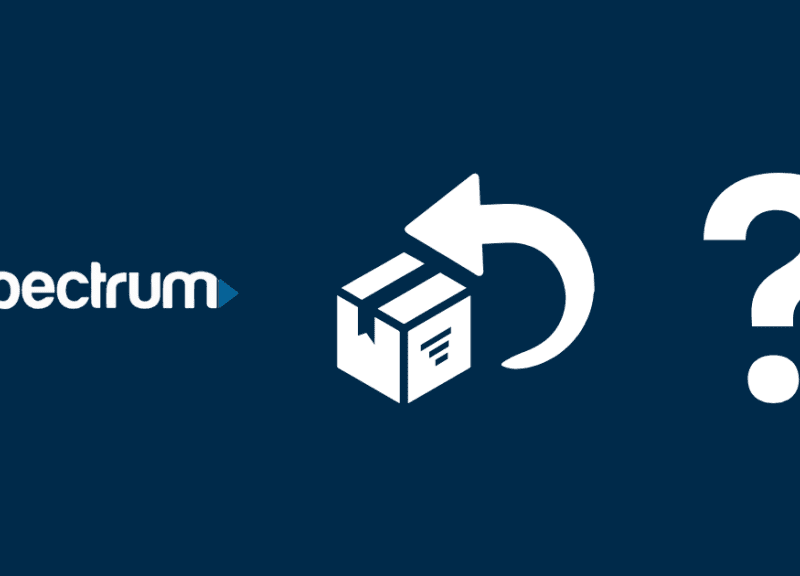In today’s fast-paced digital world, the choice between a smartphone and a tablet has become a common dilemma. These two gadgets have revolutionized the way we communicate, work, and entertain ourselves. Each device has its unique advantages and disadvantages, catering to different needs and preferences. So, if you’re wondering whether a smartphone or a tablet is the better option for you, let’s dive into the details and explore both sides of the coin. This article is organized by Web-build.info.
Understanding Your Needs
When making a decision between a smartphone and a tablet, the first step is to understand your needs and how you intend to use the device. Are you primarily looking for a compact communication tool or need a larger screen for productivity and media consumption? Let’s break down the pros and cons of each device to help you make an informed choice. Discover the difference between tablet and smartphone.
Smartphone: The Pocket-Sized Powerhouse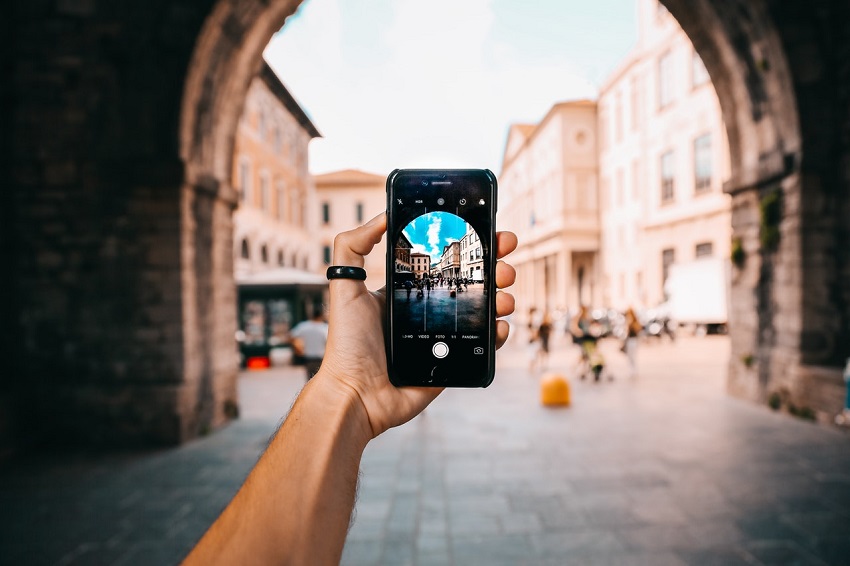
Pros:
- Portability: Smartphones are incredibly portable, fitting comfortably in your pocket or purse. This makes them ideal for people on the go who need constant connectivity.
- Always Available: With a smartphone, you can instantly access calls, messages, and apps wherever you are. It’s your assistant, always at your fingertips.
- Versatility: Modern smartphones offer a wide range of features, including high-quality cameras, mobile payment options, and many apps that cater to various needs.
Cons:
- Limited Screen Real Estate: The small screen size can be a drawback for tasks that require extensive reading, multitasking, or watching videos for an extended period.
- Productivity Constraints: While smartphones are handy for quick tasks, they might not provide the best experience for tasks that demand significant screen space, such as editing documents or designing. Discover Is Fossil Gen 4 a Good Smartwatch?
Tablet: The Bigger Canvas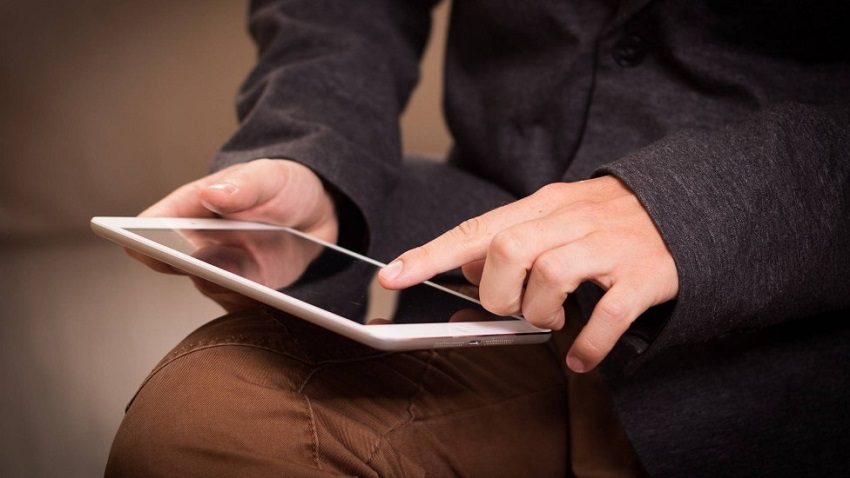
Pros:
- Ample Screen Space: Tablets offer a larger screen, which is great for activities like reading e-books, watching movies, and working on documents.
- Enhanced Productivity: With a tablet, you can enjoy a more desktop-like experience, making it easier to work on projects that require multitasking and precision.
- Entertainment: Tablets are fantastic for consuming media. The larger screen and better audio quality enhance your viewing and gaming experience.
Cons:
- Bulkier Than Smartphones: While tablets are still portable, they are bulkier than smartphones, which might make them less convenient for carrying around all day.
- Not Always in Hand: Unlike smartphones that are usually within arm’s reach, tablets might be left at home when you’re on the move, limiting your connectivity.
Making the Right Choice
The decision between a smartphone and a tablet ultimately comes down to how you intend to use the device. If you need a device for quick communication, social interactions, and managing day-to-day tasks on the go, a smartphone is your best bet. On the other hand, if you prioritize productivity, media consumption, and a more immersive experience, a tablet might be the better option for you.
It’s also worth considering the potential for a combination of both devices. Many users find that having both a smartphone and a tablet covers all their needs, allowing them to switch between the devices depending on the situation.
Conclusion
In the end, there’s no definitive answer to the question of whether a smartphone or a tablet is better. It all boils down to your lifestyle, preferences, and how you intend to use the device. Whether you choose the compact convenience of a smartphone or the expansive screen of a tablet, both devices have their place in the modern tech landscape.
FAQs
Q1: Can a tablet replace my laptop for work?
A tablet can certainly enhance your productivity, but for tasks that require heavy computing power and specialized software, a laptop might still be necessary.
Q2: Are tablets suitable for kids?
Yes, tablets can be a great educational tool for kids, offering interactive apps, e-books, and learning games.
Q3: Do tablets have cellular connectivity like smartphones?
Yes, many tablets offer cellular connectivity options, allowing you to stay connected even without Wi-Fi.
Q4: Can I make calls on a tablet?
Some tablets offer cellular models with call capabilities, but this feature is less common than in smartphones.
Q5: What about battery life? Are there significant differences?
Battery life can vary widely between devices, but generally, tablets have larger batteries that can provide longer usage times compared to smartphones.

